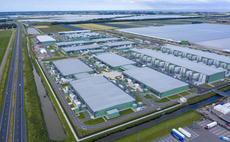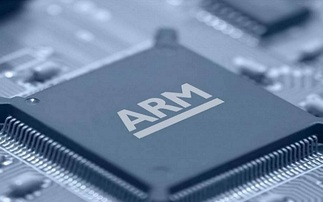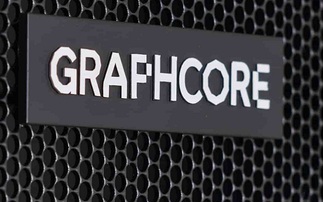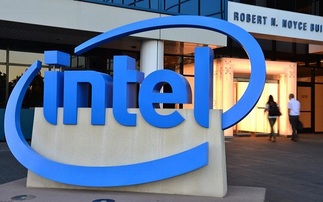Director for corporate planning tells Computing that the future is bright for electric vehicles - and their batteries
Despite disappointing sales over the past few years (currently the number of electric vehicles (EV) in Europe stands at less than one per cent, or about 65,000 vehicles), Nissan's CEO Carlos Ghosn ...
To continue reading this article...
Join Computing
- Unlimited access to real-time news, analysis and opinion from the technology industry
- Receive important and breaking news in our daily newsletter
- Be the first to hear about our events and awards programmes
- Join live member only interviews with IT leaders at the ‘IT Lounge’; your chance to ask your burning tech questions and have them answered
- Access to the Computing Delta hub providing market intelligence and research
- Receive our members-only newsletter with exclusive opinion pieces from senior IT Leaders






















